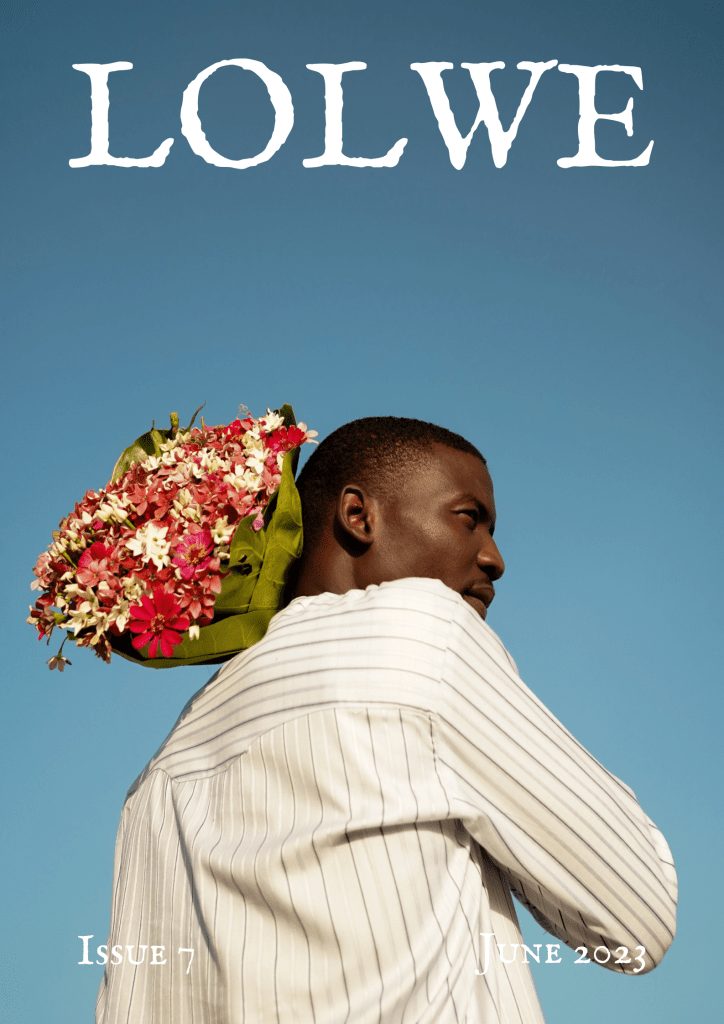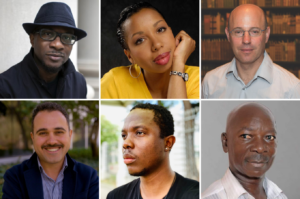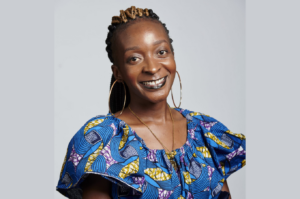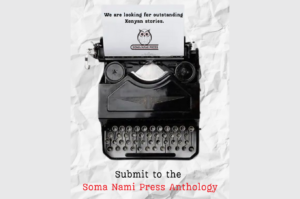
Lolwe Magazine recently released its 7th issue on June 23. The issue features writers and photographs from 11 countries across the world including Equatorial Guinea and Burundi.
The issue is guest-edited by Zimbabwean writer Bongani Sibanda, the London-based Somali writer Hibaq Osman and Namibian writer Filemon Iiyambo. [Read their introduction here]. The cover image is by Central African Republic photographer Ndomété Maliko Dessande.
Lolwe is a Pan-African literary magazine that publishes fiction, nonfiction, poetry, photography, and literary criticism. Founded in January 2020 by Troy Onyango, the magazine focuses on amplifying the work by writers, poets and visual artists from Africa, Caribbean and the Black diaspora. Lolwe aims to ensure greater visibility for stories by Black people and to provide a platform for the “Black imagination.”
Read Troy Onyango’s editorial note “The Shape of Stories to Come” here:
In writing this, I started thinking about the transformative and redemptive power of stories, how they shape our lives, how they make us think and rethink the various philosophies of life, and how, even after many many years of telling them, they still stay with us and teach us what it means to be human. For many of us, storytelling is how we first learn to perceive the world and its complexities – contradictions and commonalities. We learn the power of language and what boundless, infinite things we can do with words when we enter stories. The stories we love take different shapes and forms as we grow older, as we absorb more of life’s happenings, as we read and listen more, as we tell stories more. They shift, not because the ones we had before are no longer good, but because the people we are becoming and the present-moment experiences require us to have and hold these stories differently.
But what does the future of storytelling look like? What does it mean to tell stories in a world where, gradually, stories are changing faster than ever? How do we preserve some of the elements we have always known and loved so much? Will we lose our stories? These are some of the questions I have been asking myself, and, to a large extent, I have been asked by readers and writers. I have no answers, but what I know is that stories persist; they have been there long before us and they will be there for many generations after us. They may change in form and style, but they will still exist. That is my hope.
The issue includes:
- Fiction by Michael Ogah (Nigeria), Lucille Sambo (Zimbabwe), Riobo Bita Dougan (Equatorial Guinea), Katherine-Tulonga Amakali (Namibia), Kailah Figueroa (USA), and Mercy Munyanya (Kenya).
- Poetry by Tylyn Johnson (USA), Beah Batakou (Ghana), Saddiq Dzukogi (Nigeria), Georgio Russell (The Bahamas), Jade Mutyora (Zimbabwe/UK), and Muiz Ọpẹ́yẹmí Àjàyí (Nigeria).
- Nonfiction by Sitawa Namwalie (Kenya), Wale Ayinla (Nigeria), hn. lyonga (Cameroon), Halima Adisa (Nigeria), and Anna-Maria Poku (Ghana).
- Photography by Fabrice Mbonankira (Burundi) and Ololade Lawal (Nigeria).
Go here to read the full issue.









COMMENTS -
Reader Interactions